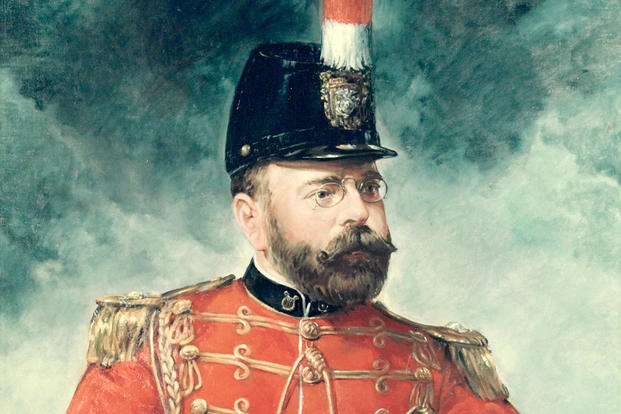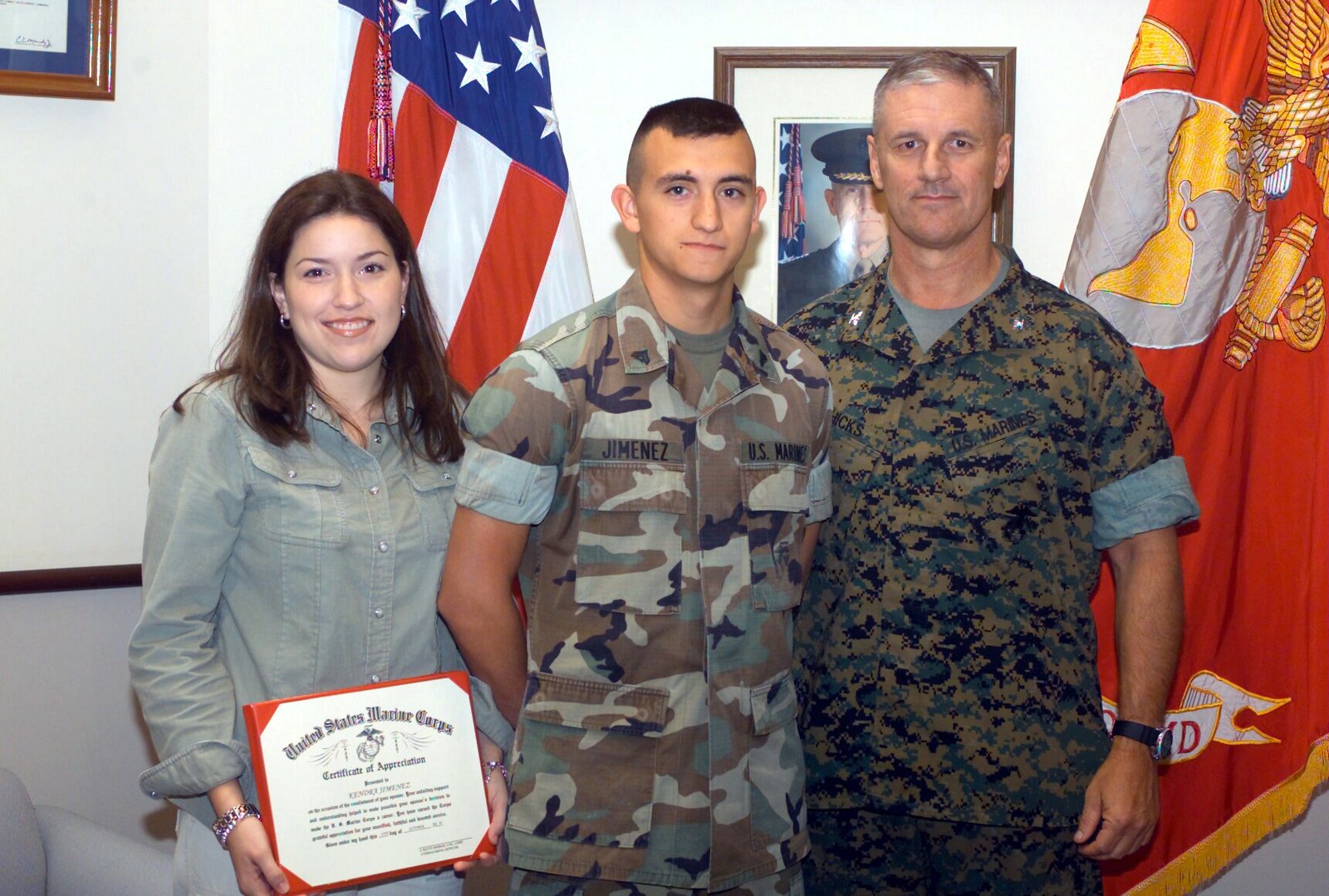

The corps won 17 to 2.ĭuring his Cape May visit, Sousa, later dubbed “The March King,” left behind one composition and a noteworthy concert that formed the seeds of what later would be the greatest example of military marches written in America. While in Cape May that summer, Sousa relaxed and enjoyed himself, finding time to umpire a baseball game - one popular Cape May past time - on the Congress Hall lawn between local residents and the corps. A jaunty, happy piece, “Congress Hall March” was a minor composition, written for an occasion.

Crump, owners of the Congress Hall Hotel. Into this setting stepped Sousa, with his newly-penned composition titled “Congress Hall March,” written to honor H.J. About 3,000 people attended that first concert, which featured works from Mendelssohn and Wagner. The Secretary of the Navy and the Commandant of the Marine Corps granted special permission for the Marine Band to hold the concerts in Cape May.Īs the light infantry erected 28 tents on the Congress Hall lawn to house the troops, a special music stand was constructed, resembling a seashell, and an innovative arc-lamp illuminated the bandstand.

Us marine corp band stars and stripes series#
He came to lead a series of seven concerts performed at Congress Hall. Not wanting to appear too young, he had grown a beard - a gesture which would eventually become his trademark. John Philip Sousa, 26 years old, had been leading the Marine Band since 1880. Among them was a young man who would redefine how the military used music to drum up patriotism. Launched in 1955 to honor the highest scholar in the highschool band, the John Philip Sousa Band Award® acknowledges superior musicianship and excellent dedication.On August 20, 1882, the United States Marine Band and the Washington Light Infantry Corps traveled to Cape May via locomotive, arriving early in the morning. The Sousa Award is the head of accomplishment in a highschool band. His most vital trainer was George Felix Benkert, with whom he studied violin, concord, and composition. Marine Band as a “boy” (apprentice) musician, however he additionally continued his personal music research. John Philip Sousa, was appointed the seventeenth chief of the Marine Band on October 1, 1880, serving on this place till July 30, 1892.Īt age 13, he enlisted within the U.S. The US Marine Band “The President’s Personal”, 1864. The oldest American school marching band, the College of Notre Dame Band of the Combating Irish, was based in 1845 and first carried out at a soccer recreation in 1887. In the USA, fashionable marching bands are mostly related to performing throughout American soccer video games. He obtained his grammar college schooling in Washington and for a number of of his college years enrolled in a personal conservatory of music operated by John Esputa, Jr. 6, 1854, at 636 G Road, SE, Washington, DC, close to the Marine Barracks the place his father, Antonio, was a musician within the Marine Band. In 1888, he wrote “Semper Fidelis”, which he devoted to “the officers and males of the Marine Corps.” It’s historically referred to as the “official” march of the Marine Corps. Sousa first obtained acclaim in navy band circles with the writing of his march “The Gladiator” in 1886. Though primarily designed as a marching band instrument, the sousaphone additionally made a standard entry into jazz music within the Nineteen Twenties. The sousaphone is called after John Philip Sousa (1854-1932), who had early sousaphones made based on his specs within the late nineteenth century. He is called “The March King” or the “American March King”, to tell apart him from his British counterpart Kenneth J. John Philip Sousa (/ˈsuːs?/ Novem– March 6, 1932) was an American composer and conductor of the late Romantic period identified primarily for American navy marches. Marine Corps, “The Washington Submit” (1889), “The Liberty Bell” (1893), and “The Stars and Stripes Ceaselessly” (1897). They embody the well-known “Semper Fidelis” (1888), which turned the official march of the U.S. What well-known particular person wrote Stars and Stripes Ceaselessly?

Who performed John Philip Sousa within the film? Who gave the Marine Band its casual title the president’s personal? When was the primary marching band shaped? What are two of John Philip Sousa’s most well-known compositions?


 0 kommentar(er)
0 kommentar(er)
